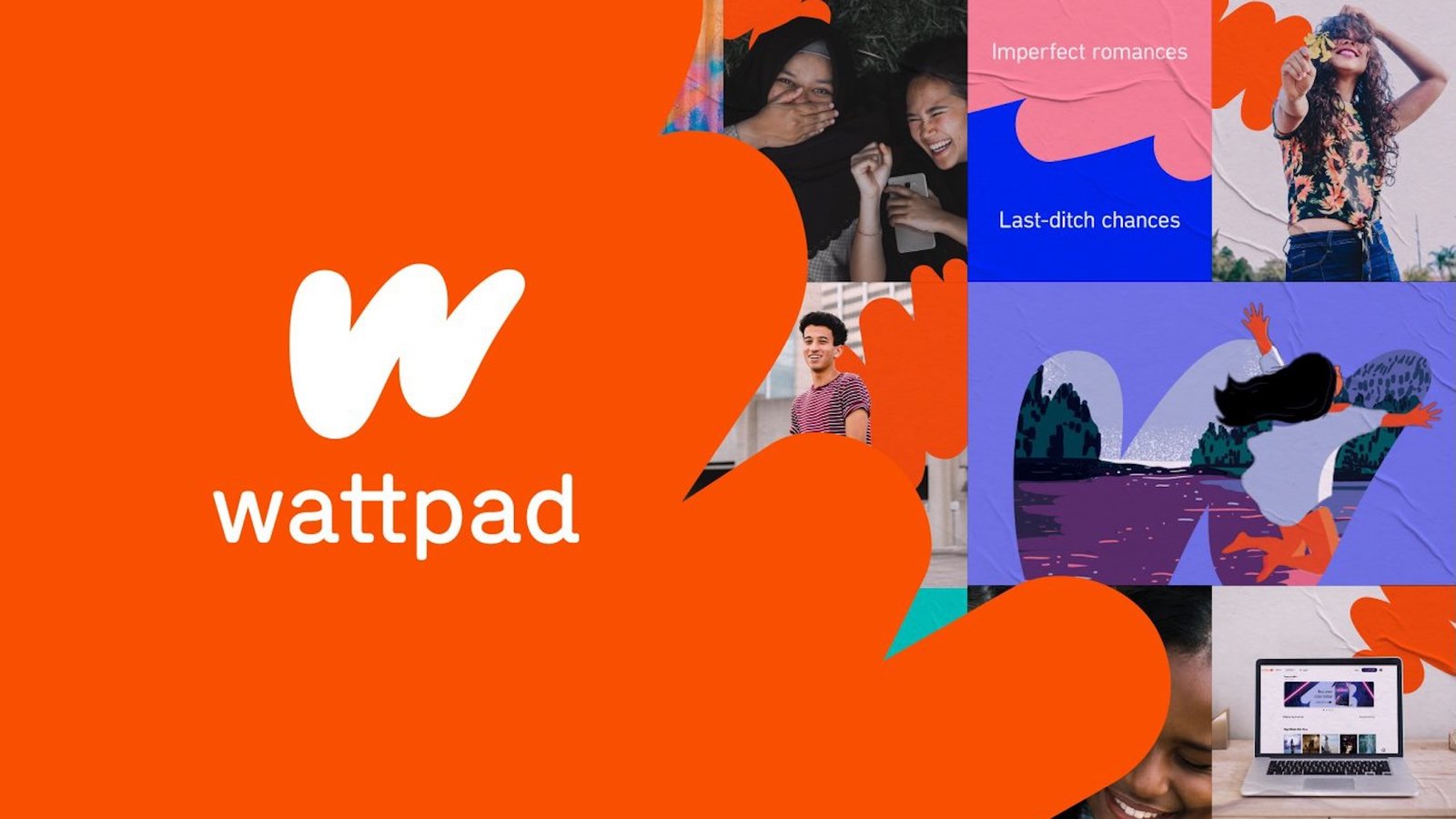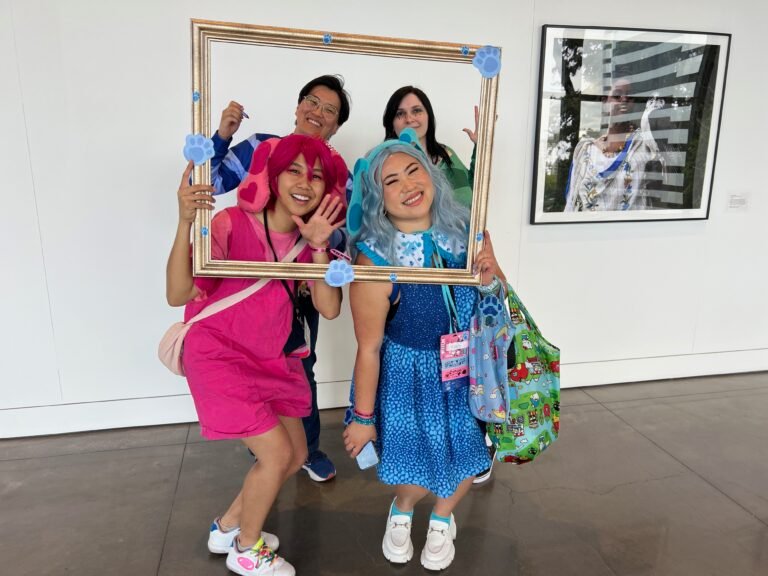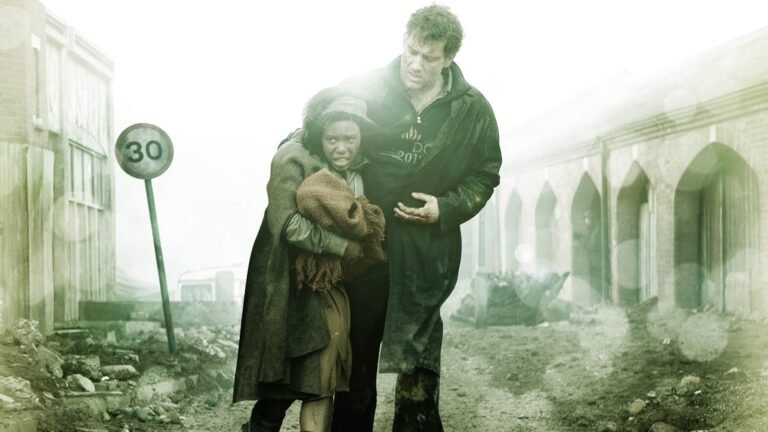We are sitting down with Wattpad’s Head of Content, Alessandra Ferreri, to discuss all things fandom.
Sarah: How have you seen fandom culture shift over the past few years, especially with the rise of platforms like Wattpad and the normalization of stan culture?
Alessandra: Over the past few years we have seen stan culture and fandom migrate from a niche, fringe culture, to far more mainstream. People are much more willing to engage with, publicize, and lean into their fandoms in ways that they never used to. A lot of this has to do with how the growth of digital spaces have provided easier accessibility to communities where fans can come together to celebrate their interests freely. Online platforms like Wattpad have been encouraging this kind of community building for years because we’ve seen and can understand the raw power of fan engagement. Now everyone else is catching up! Everyone can find kinship through their chosen fan communities online which has, and will continue to, normalize (and keep encouraging!) more participation in fandom as a key connection point in our social lives.
Sarah: In your experience, what key elements make a story take off and gain a passionate, almost cult-like following on Wattpad?
Alessandra: Wattpad is all about storytelling and nothing beats a good story. But taste is subjective and what works for one reader may not work for others. That’s the beauty of putting creativity in the hands of the creators and their fans. Wattpad readers often come to the platform to seek out their favourite tropes or character archetypes, and using our user-generated tagging function, creators can tell you exactly what to expect in their story so that readers can find anything they’re looking for. While this freedom can yield a million different kinds of stories, we do see some patterns in our most popular stories: archetypal characters you love (or love to hate), a wish-fulfilling premise that lets us escape reality for a while, and quick, conversational prose that lends itself to mobile reading. Stories that also inspire strong comments and engagement from readers also do really well for us. Writers want readers to get in on the story and, in a way, become part of the creative process with real-time reactions and commentary. That’s what makes a Wattpad story unique and extra engaging; it can start planting the seeds for a potential fandom right from the first chapter.
Sarah: We’ve seen stories transition from fan fiction to published books, films, or shows. What patterns or factors seem to drive that kind of leap?
Alessandra: Many of the most popular Wattpad stories have devoted fanbases on the platform that leave hundreds of comments and share the reading experience with others. That is one of the key indicators we consider when deciding if a story would make for a good adaptation—does it have a fanbase already built in? You can’t beat that direct feedback and investment that’s built right into the platform. Readers are literally telling us what they love in a story, and that remains a unique factor for a Wattpad hit. Additionally, classic “Wattpad-coded” stories (ie; those that lean into themes around romantic escapism, wish fulfillment, and generally romanticizing life no matter how outrageous that may be) tend to do really well with our platform audience and beyond. Remember, Wattpad readers are often seeking out stories they can’t find anywhere else. Sometimes that means starting with fanfiction to explore familiar character and worlds while honing your craft. Those “what ifs” can be a great creative gateway for the next big story that evolves into something completely unique on its own.
Sarah: How are media companies and publishers starting to recognize and monetize the potential of fandom-driven storytelling?
Alessandra: We’ve definitely seen a shift in traditional industries starting to understand the benefits of fandom-driven storytelling. More decision-makers are recognizing that having a group of people already in love with the story, its characters, or its twists is a superpower when trying to anticipate or shape the next big thing.

Sarah: Wattpad has a massive international audience. How does global fan engagement shape the way stories are told and adapted?
Alessandra: Our global community gives us a huge advantage in understanding and advocating for a truly diverse range of content. It’s not just about what’s resonating with English-speaking creators or readers; we have access to hits that transcend borders. We’ve seen so many success stories emerge from our international communities, proving the universal appeal of community-driven storytelling. No matter the language, writers can engage directly with their fans, getting real-time feedback through comments as they create. This fosters passionate fanbases and creates an opportunity for authors and readers to build stories together, in real-time. Whether that means influencing plot developments or simply connecting like-minded people, audiences from all corners of the world have the power to rally together behind a story.
Sarah: As someone who grew up reading fanfics on Wattpad, I’m curious what you think has been the most successful story on the platform?
Alessandra: It depends on how you define success. There are infinite creative journeys for writers depending on their aspirations, so it’s hard to choose one specific example. After, of course, is one example of a massive hit that transcended its original fandom and became something entirely its own. The Kissing Booth, while not a fanfic, is another franchise that surpassed its platform popularity to become a successful film trilogy. Same with A Traves de Mi Ventana and Culpa Mia… We’ve also seen many authors who originated on Wattpad go on to publish hugely successful books, so there’s always a new type of success story. Incredible stories are posted on Wattpad every day which means there are so many possibilities for discovering the next big thing.
Sarah: Stan culture sometimes gets a bad rap. How do you see it as a positive force in shaping creative communities?
Alessandra: Stan culture is a facet of fandom that really comes down to passion. I think that for people to be able to come to Wattpad and connect with others who like to read and write about the same things as them is, ultimately, a positive thing. Fandom is rooted in community, so the fact that so many people find that connectivity and joy on the platform is great to see.
Sarah: How do you think Gen Z and Gen Alpha are going to change the way stories are created, consumed, and shared?
Alessandra: Wattpad’s audience right now is primarily Gen Z and these readers and writers are coming to the platform to find something specific, whether that’s creative freedom and expression, a sense of community, or a craving for a type of narrative. This is a generation who is used to being online and engaging with (or being) an online audience already, so the barrier to entry is even lower than it was a few years ago. They are able to try their hand at writing in a low stakes environment, directly on a social platform where others can interact with their content, which turns the creative process into something dynamic and active rather than a solitary activity. But that’s the norm. Gen Z are, largely, content creators already; they know how to engage their audiences and know what to expect from putting themselves out there. And this is leading to a new wave of collaborative creation that I think will continue to shape how we tell stories: as a more conversational and community-driven past-time.
Sarah: Can you share an example of when the Wattpad community directly influenced the trajectory or success of a story?
Alessandra: Culpa Mía is a perfect example. It started as a Spanish story on Wattpad and blew up, grabbing millions of readers. All that buzz and feedback from the community really put it on the map and got our attention too. That massive platform support pushed it to become a film, hitting number one on Netflix in Spain and other Spanish-speaking countries. Then, the English version, My Fault, London, did really well in the US too, showing how a Wattpad hit can go global. Basically, the community found it, championed it, and turned it into an international success story. All because of the fans.
Sarah: Looking ahead, what innovations or trends do you think will redefine how fans interact with and expand on their favorite stories?
Alessandra: How fans engage with and leverage technology is going to be the driver in how they continue to explore and interact with the stories, characters, and worlds they love. If we didn’t have a platform like Wattpad or other social media or even streaming sites, the access to content would be entirely different. It’s because of these shifts that fandoms have evolved to be as prolific as they are. Before, you had to be home when your TV was airing to catch it. Before, you had to rely on word of mouth by your peers to get introduced to new music or a favorite book. Now, this access has exploded, which means our ability to curate our own interests have also expanded. Online fandoms will continue to expand and give people a place to come together and nerd out over what they love. For us, at Wattpad, we do get a front row seat to how that innovation manifests.
So, I don’t know what the next iteration of online stan culture will look like exactly, but I am curious to find out.
Project-Nerd would love to thank Alessandra for the interview. Be sure to find your next read on Wattpad.




